Why Roald Dahl hated the Willy Wonka And The Chocolate Factory film
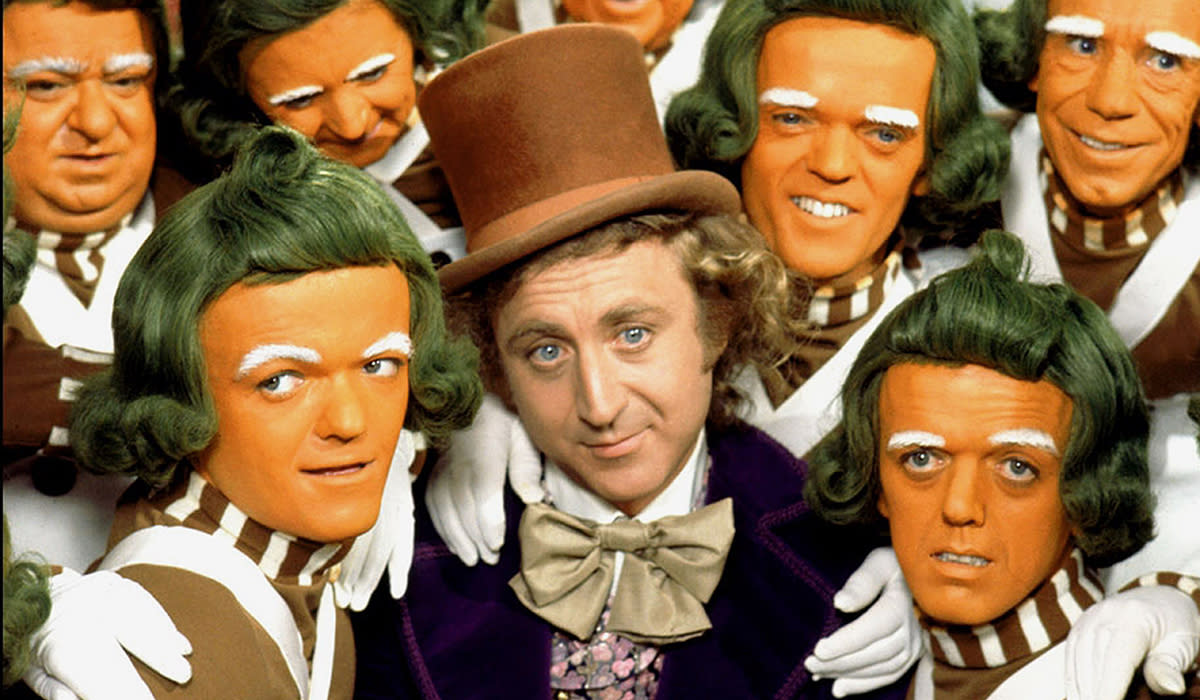
It’s now a classic family movie loved by generations, but the 1971 adaptation of Roald Dahl’s 1964 novel Charlie and the Chocolate Factory has one big critic – the late author himself.
The casting of Willy Wonka
For many, the late Gene Wilder’s quirky performance – especially the final screaming rant at Charlie – is one of the things that makes the film so iconic. Not so for Dahl.
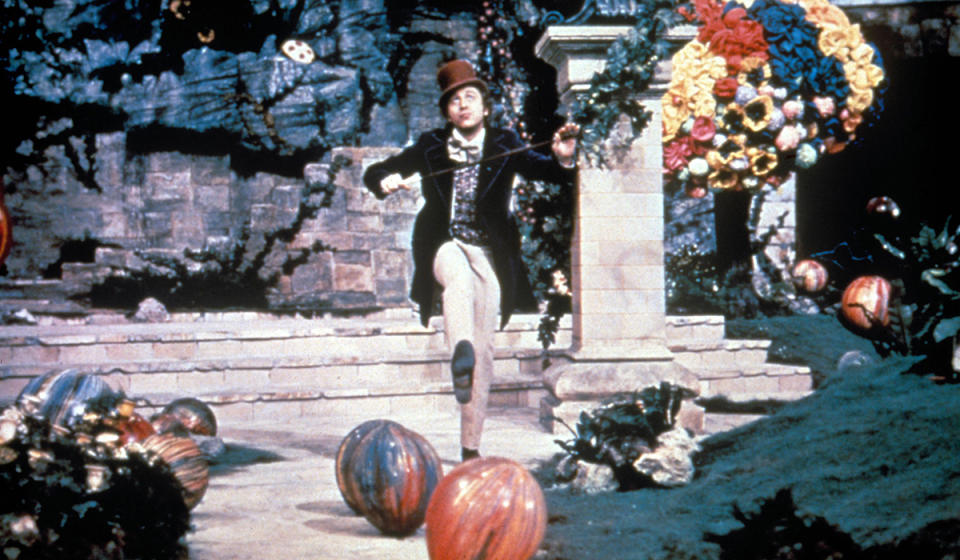
“He felt the Gene Wilder casting was wrong,” says Donald Sturrock, a friend of Dahl’s and the author of Storyteller: The Life of Roald Dahl. “His ideal casting was [surreal English comedian] Spike Milligan and he said Milligan was really up for doing it. He even shaved his beard off to do a screen test.”
Unfortunately, the film company didn’t agree and turned him down for being too weird, as they did the author’s second choice, Peter Sellers. Dahl wasn’t pleased.
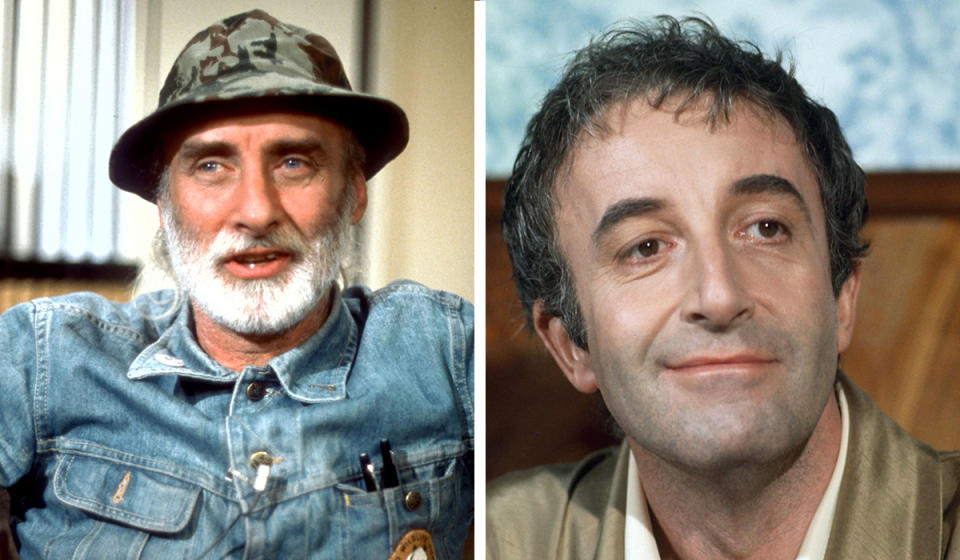
“I think he felt Wonka was a very British eccentric,” says Sturrock. “Gene Wilder was rather too soft and didn’t have a sufficient edge. His voice is very light and he’s got that rather cherubic, sweet face. I think [Roald, below] felt…there was something wrong with [Wonka’s] soul in the movie – it just wasn’t how he imagined the lines being spoken.”
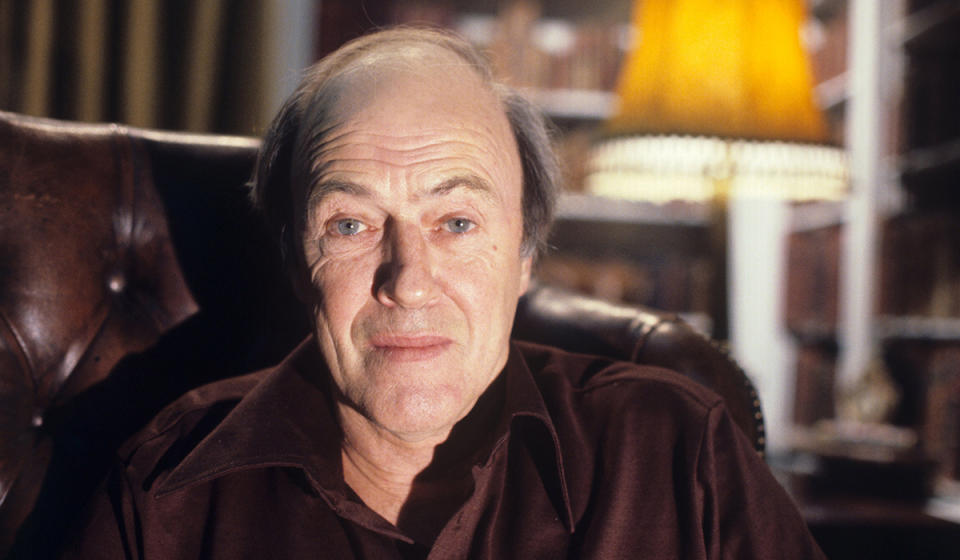
Accusations of racism
The whole process of turning Charlie… into a film got off to a bad start. Not only did Dahl sign a poor deal which gave almost total control over the property to Warner Bros. in perpetuity, but the National Association for the Advancement of Colored People (NAACP) severely criticised the author’s description of the Oompa Loompas.
“The NAACP [said] the Oompa Loompas were racist because he called them pygmies from the deepest heart of Africa,” explains Sturrock.
The indictment stung. The writer said he never intended any offence and at one point during the novel’s development Charlie had actually been black. Still, the NAACP were firm. “The objection to the title Charlie and the Chocolate Factory is simply that the NAACP doesn’t approve of the book, and therefore doesn’t want the film to encourage sales of the book,” it wrote. “The solution is to make the Oompa-Loompas white and to make the film under a different title.”
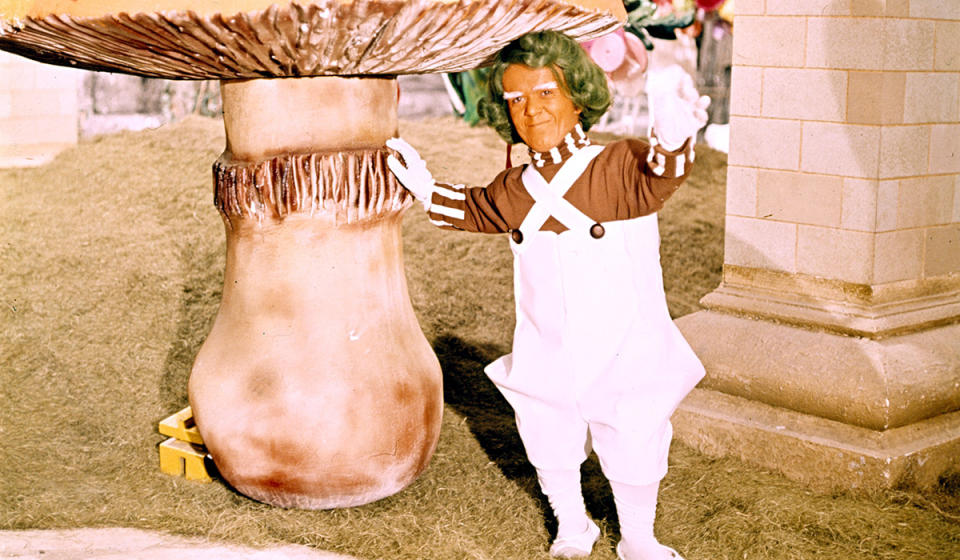
It’s now difficult to imagine Oompa Loompas as anything other than orange with green hair. That’s partly because it was clearly a filmmaking decision that did find some sympathy from Dahl, who went back to the original book and rewrote the characters in the movie’s image.
General dissatisfaction with filmmakers
There are two ends of the spectrum when it comes to author involvement in an adaptation of their work: at one end Fifty Shades of Grey creator E.L. James, who demands input into every minute decision and at the other graphic novelist Alan Moore (Watchmen) who doesn’t even watch the finished product.
“I think Willy Wonka helped make him decide he was in the latter of the two camps,” says Donald Sturrock. “I got to know [Roald] when I was making a documentary about him in 1985 and I went to watch an animated version of The BFG being made up in Manchester. I said to Roald they’re very keen for you to come and see some of this. And he said, ‘I’m not going to come to Manchester – the thing is with films, it’s just easier to sign a deal, give them the rights and then assume they’re going to something ghastly with it because they usually do and it’s way too stressful to try and get involved.’
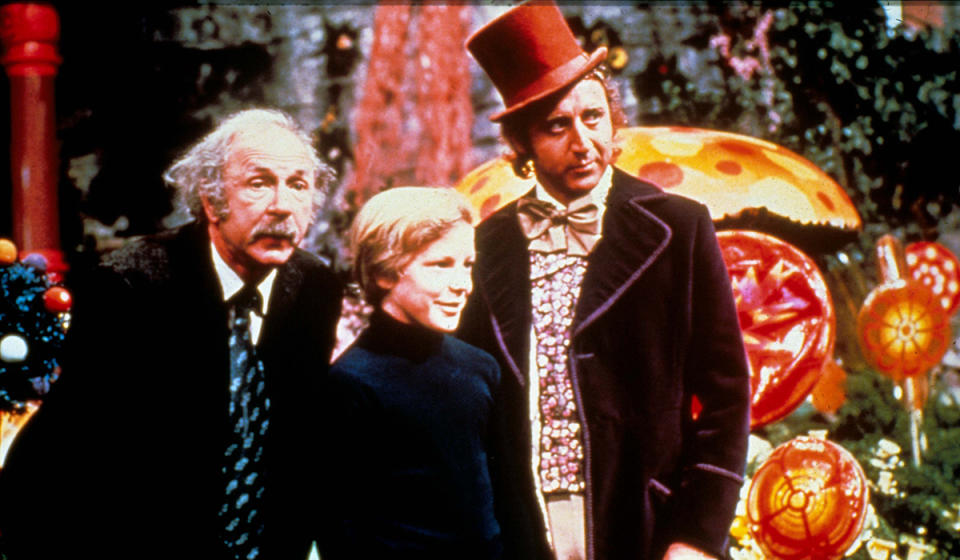
It didn’t help that he had also fallen out with Mel Stuart, the Willy Wonka director. “He didn’t like Mel Stuart at all and Mel Stuart didn’t like him,” adds Sturrock.
The music
While songs like Pure Imagination are now heard on everything from the London stage to EDM remixes, Dahl wasn’t a fan of Leslie Bricusse and Anthony Newley’s songs and lyrics.
“He felt it was a little too saccharine,” reveals Sturrock. “I picked up from other people that he found it too sappy and sentimental. It’s interesting because I don’t think he realised what a strong effect the music had had on a generation of kids.”
Image credits: Rex_Shutterstock

 Yahoo Movies
Yahoo Movies 
